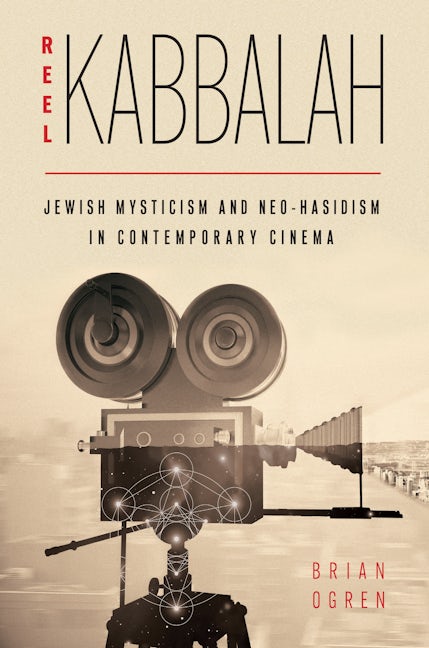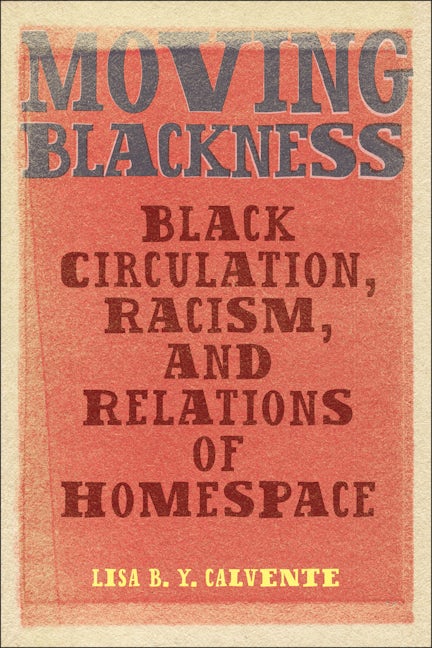Reel Kabbalah: Jewish Mysticism and Neo-Hasidism in Contemporary Cinema studies the ways in which fictional film in the first decade of the twenty-first century represents the esoteric Jewish speculative traditions known as Kabbalah and Hasidism. It examines the textual and conceptual traditions behind five important cinematic representations -- Pi (1998), Ushpizin (2004), Bee Season (2005), The Secrets (2007), and A Serious Man (2009) -- and it considers how film both stands in continuity with those traditions and modifies them in the New Age vein of what is known as neo-Kabbalah and neo-Hasidism. Brian Ogren transform our understanding of reception history by focusing on how cinema has altered perceptions of Jewish mysticism. In showing how the Jewish speculative traditions of Kabbalah and Hasidism have been able to affect mass consumed cinematic portrayals of ultimate Truth, this book sheds light on the New Age, pop-cultural dialectic of the particular within the universal and of the universal within the particular.
Introduction: Contemporary Film and the New Age of Kabbalistic and Hasidic Folklore
Chapter 1: Pi: Divine Madness and the Kabbalistic Blurring of Worlds
Chapter 2: Ushipizin: The Narrow Mystical Bridge between the Sacred and the Profane
Chapter 3: Bee Season: Academic Kabbalah for the New Age Big Screen
Chapter 4: The Secrets and 'Alma di-Itkasiya: On Tikkun, Cinematic Feminism, and the Kabbalah of Safed
Chapter 5: A Serious Man: Mystical Wonder, Jewish Literacy, and Serious Indeterminacy
Conclusion: Neo-Kabbalah Through the Cinematic Lens
Acknowledgments
Notes
Index









